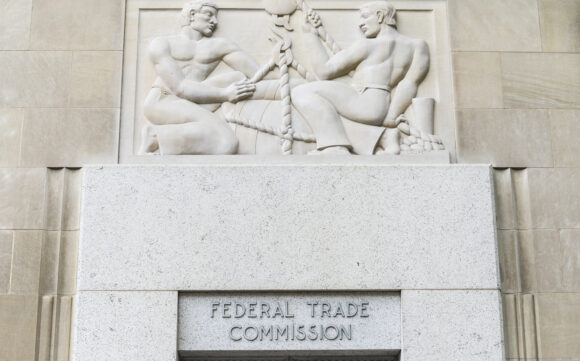U.S. technology companies sent tens of thousands of documents to the House committee investigating whether they’re using their dominance to thwart competition, as the panel looks to develop recommendations by next year, its chairman said.
Representative David Cicilline, who leads the House Judiciary’s antitrust subcommittee, said Friday at a hearing that the information was the first portion of documents received since requests were sent in September to Facebook Inc., Alphabet Inc.’s Google, Apple Inc. and Amazon.com Inc.
Cicilline said after the hearing he’s pleased with the response so far but wouldn’t rule out the need for subpoenas to the companies.
Facebook Chief Executive Officer Mark Zuckerberg gave the Rhode Island Democrat a personal commitment to cooperate, which Cicilline said was “a work in progress.”
“Many of these companies have hired lawyers — large groups of lawyers — to represent them in proceedings. Can’t rule out that some of this will have to get litigated,” he said.
Cicilline’s update about the review came as his committee held a hearing on how tech companies’ control and collection of consumer data affects competition. He cited practices by Facebook and Amazon as examples of how the companies can abuse data to harm competition and create an “innovation kill zone.”
‘Serious Ramifications’
“We know that the abuse of data has serious ramifications for competition,” he said during the hearing.
The committee is examining data practices of the biggest U.S. tech firms as state and federal enforcers investigate whether Google and Facebook are violating antitrust laws. Lawyers and economists warn that the companies’ control over massive amounts of information give them an unfair advantage that lets them shut out rivals.
Cicilline told reporters after the hearing that the committee hopes to conclude the evidence collection by the beginning of next year with the goal of developing a final report and set of recommendations in the first part of next year so Congress can act on it.
Innovation Threat
Federal Trade Commission member Rohit Chopra, a Democrat on the Republican-led body, testified Friday that enforcers need to go beyond fines to protect competition and innovation, with actions such as breaking up businesses or requiring the public availability of patents. The FTC is investigating Facebook’s conduct, including whether its past acquisitions of startups should be unwound.
“Under-enforcement can really kill innovation and kill entry,” Chopra said. “When it’s harder and harder to break in, that’s just bad for small business and it’s bad for all of us.”
Dominant tech companies have gained enormous competitive advantages from data, which deserves special attention from antitrust officials and lawmakers, he said.
That was a view echoed by Judiciary Committee Chairman Jerrold Nadler, Democrat of New York, who said the most dominant companies in the digital economy are those that have captured the most data.
Data is King
“Competitors in digital markets have a strong incentive to collect as much information on users as possible, as quickly as possible,” Nadler said. “This raises serious questions about whether it is good for society for unrelenting data collection to be the key dimension on which companies are looking to out-compete one another.”
The House hearing is also considering the impact privacy rules have on how big tech companies thrive in the digital market. Roslyn Layton, a visiting scholar at the American Enterprise Institute, testified that laws like the EU’s General Data Protection Regulation are helping tech giants gain market share over competitors.
“Policies such as GDPR, net neutrality and other misguided regulation have strengthened Silicon Valley dominance, and the California Consumer Privacy Act (CCPA) will likely extend it further,” she said.
Jason Furman, professor of the practice of economy policy at the Harvard Kennedy School, who was chairman of the Council of Economic Advisers under President Barack Obama, said in his remarks that the major digital platforms pose “detrimental consequences” for consumers and need to be regulated to increase competition.
Furman wrote a recent study for the U.K. government arguing for the creation of a new digital regulator that would tackle both privacy and competition concerns, an idea that’s gained some momentum in the U.S. and abroad.
Topics USA InsurTech Legislation Tech
Was this article valuable?
Here are more articles you may enjoy.



 A 10-Year Wait for Autonomous Vehicles to Impact Insurers, Says Fitch
A 10-Year Wait for Autonomous Vehicles to Impact Insurers, Says Fitch  Florida Engineers: Winds Under 110 mph Simply Do Not Damage Concrete Tiles
Florida Engineers: Winds Under 110 mph Simply Do Not Damage Concrete Tiles  Insurance Issue Leaves Some Players Off World Baseball Classic Rosters
Insurance Issue Leaves Some Players Off World Baseball Classic Rosters  BMW Recalls Hundreds of Thousands of Cars Over Fire Risk
BMW Recalls Hundreds of Thousands of Cars Over Fire Risk 

